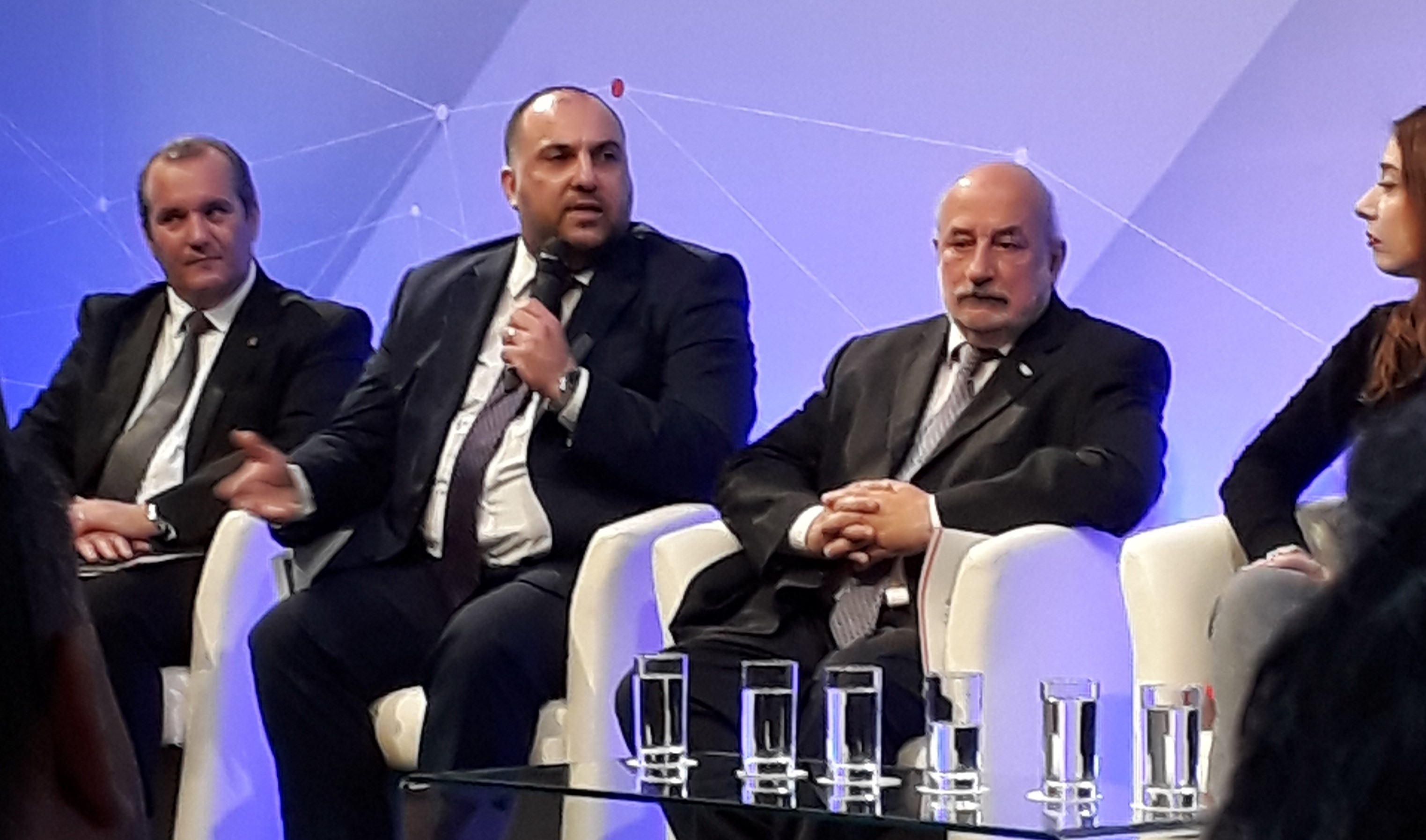More action to enhance workers’ quality of life

The Department of Industrial and Employment Relations (DIER) organized a national conference on the Future of Work at the Verdala Palace, Buskett on Friday, 10 May 2019.
The conference was addressed by the highest authorities of the country, among them the President of Malta, George Vella, the Prime Minister, Joseph Muscat and the Leader of the Opposition, Adrian Delia.
The aim of this conference was to launch the consultation process with Government, interested parties and social partners on the International Labour Organisation’s (ILO) document entitled Work for a Brighter Future.
The ILO document examines how respective Governments, together with unions and employers’ associations, ensure job sustainability through development and the nurturing of skills that meet the job market’s current and future needs.
Josef Vella, Chief Executive of UĦM Voice of the Workers, was one of the speakers during a discussion on the fundamental rights of each worker. A number of subjects were touched upon, including decent pay to ensure a decent living, limits and flexibility of working hours, health and safety at the workplace and, also, using collective agreements to strengthen working conditions.
During this discussion reference was made to technological advances, such as artificial intelligence, automation and robotics, that are creating new jobs. It was emphasised that the ones who are going to lose their jobs in this transition will be the ones who have not prepared themselves to make the best of new opportunities.
We must grab the opportunities that these changes will present to create a better future to ensure economic security, equal opportunities and social justice.
Josef Vella said that we should always keep the worker and the work they do at the centre of economic and social policies. He added that job market policies need to be more pro-active.
The Chief Executive of UĦM Voice of the Workers also spoke about the need for youths and workers to continuous learning and about their right to learn new skills.
During the discussion it was stated that the future of work will require a resilient system of social welfare based on the principles of solidarity.
Throughout the conference it was mentioned that there need to be more opportunities to enhance workers’ quality of life. However, without decisive action, we will be living in a world that exacerbates existing inequality and uncertainty.
